Seven words that can help us to be a little calmer
 Alamy
AlamyA new book translates 43 different Japanese words into English, introducing ideas that can help people in the West live differently. We’ve picked out seven of the most poignant.
“When I was two, our family moved to a rural town in the Kansai area to be with my father’s aging parents,” writes Mari Fujimoto in the introduction to the new book Ikigai and Other Japanese Words to Live by (published by Modern Books), which translates 43 of the most poignant phrases in the language. “I fondly spending Obon, the festival that honours one’s ancestors, at the house of my grandparents (both of whom were over 100 years old).” More than just a childhood memory, her experience reflects an outlook – one of many that appear in the book, questioning dominant Western values.
More like this:
- What the earliest fragments of English reveal
- Around the world in 80 words
Fujimoto – director of Japanese Studies at the City University of New York – is a linguist by training, and believes that by discovering words and phrases unique to other cultures, we can gain a wider understanding of our own lives. “It’s important to give another perspective, see that other life,” she tells BBC Culture. “In the West we tend to seek perfection, and we always feel like we have to be perfect, we have to do as much as we can, and meet other people’s expectations. Thinking about the way my grandparents were, and the traditional way of Japanese life, I thought we could stop and look around and accept the things that we don’t normally appreciate, like getting older.”
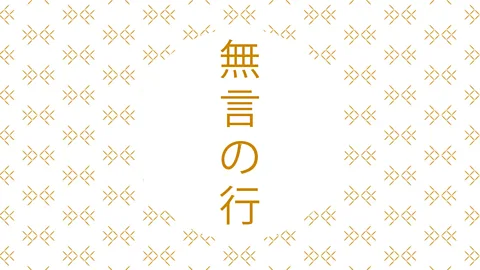 Alamy
AlamyCalmness seeps through many of the phrases, whether it’s derived from accepting elements beyond our control or being respectful in all our encounters. South African artist David Buchler – who has written short essays for the book – has lived in Japan for seven years. “When I speak to people in Japanese, I’m very aware of what I’m saying and my gestures and being polite, thinking about how my words would affect them,” he tells BBC Culture. “It’s a very different approach to talking.”
The book covers vast topics including ‘harmony’, ‘gratitude’ and ‘time’ – but it isn’t an abstract dictionary. Instead, Fujimoto offers a way into a culture that can often seem remote to foreigners. So, for Shibui, which “recalls the beauty revealed by the age of time”, she writes: “Inhering in an aesthetic of calm – colours subdued and brightness muted – this word reminds us to appreciate the things that improve with age. There is a grace in maturity, and the experiences of life mark their objects with a pleasant richness. You might experience shibui in the colour of leaves in early winter, or an old teacup on a table.”
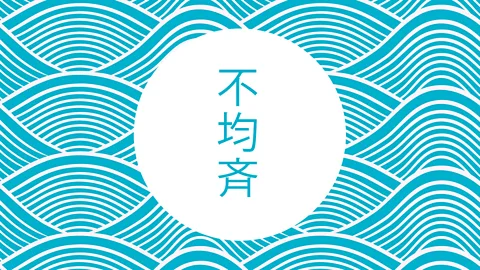 Alamy
AlamyIt’s a philosophy finding a receptive audience: by teaching us to find joy in the objects we own, Japanese tidying guru Marie Kondo has become a Netflix hit and a lifestyle brand, having a knock-on effect on charity shops; while the 21st-Century mindfulness movement offers bite-sized meditations to practise when we’re on our way to work, cooking our dinner, or wandering around a supermarket.
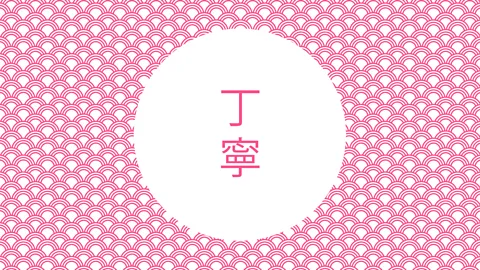 Alamy
Alamy“Learning the language calmed me a lot – the way I approach things is more beneficial to myself,” says Buchler. He picks out the phrase ‘mono-no aware’, or ‘the ephemeral nature of beauty’. “It’s basically about being both saddened and appreciative of transience – and also about the relationship between life and death. In Japan, there are four very distinct seasons, and you really become aware of life and mortality and transience. You become aware of how significant those moments are.”
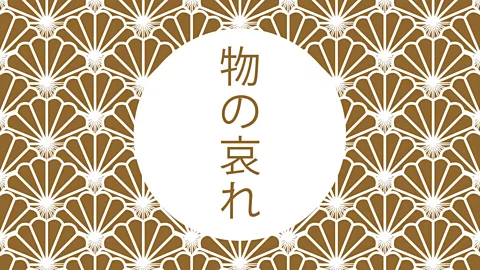 Alamy
AlamyThe book reinforces how much a country’s climatecan affect its vocabulary. “Japan is a small country, the actual habitable area on the island is very limited, and it’s surrounded by the ocean,” says Fujimoto. “The condition of living in pre-modern Japan was harsh… people had to learn how to live with that – you can’t always be bitter about what nature might bring. Rather than being upset or trying to resist, they figured out the wise way to appreciate and deal with the things that they have.”
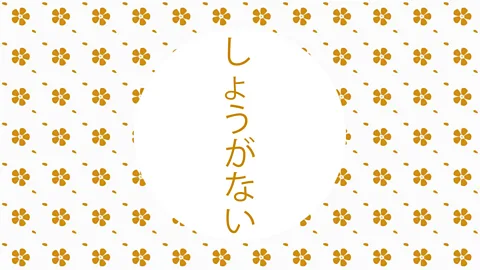 Alamy
Alamy“I recall typhoons destroying the crops and a massive earthquake stole thousands of lives in my prefecture,” writes Fujimoto in her introduction. “That is how the Japanese developed their way of life: living in harmony with nature, a philosophy that sits at the heart of Shinto, the ancient indigenous spirituality of the Japanese people… This belief system developed into a uniquely Japanese way of appreciating beauty today.”
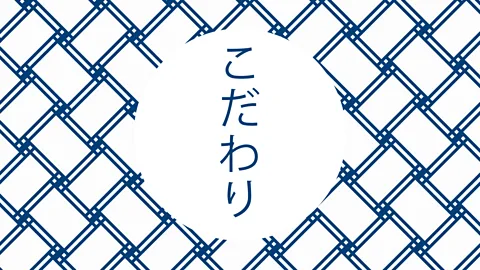 Alamy
AlamyFujimoto acknowledges that there are certain “essential elements of beauty, such as symmetry, composition, youth and liveliness” – but, she argues, “We tend to be attracted to those ‘positive’ qualities, whereas opposing qualities, such as ugliness, imperfection, age and death, are considered distasteful in the Western world. The traditional Japanese aesthetic is, conversely, founded on the undeniable truth of nature; everything in nature is transient; nothing lasts, and nothing is perfect. There is a beauty in all the varied spectra of life, from birth to death, imperfection to perfection, ugliness to elegance.”
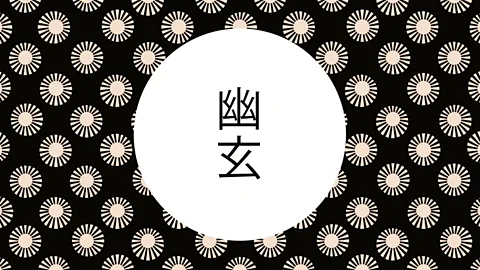 Alamy
AlamyThe book reinforces the benefit that understanding words particular to different languages can bring: we can see the world in two different ways, holding both viewpoints simultaneously. “If you just switch a gear you can see more beauty in the world,” says Fujimoto. “Just a little change of mind or perspective: we have so many great things around that we don’t notice or appreciate.”
Ikigai and Other Japanese Words to Live by (published by Modern Books) is out now.
If you would like to comment on this story or anything else you have seen on BBC Culture, head over to our Facebook page or message us on Twitter.
And if you liked this story, sign up for the weekly bbc.com features newsletter, called “If You Only Read 6 Things This Week”. A handpicked selection of stories from BBC Future, Culture, Capital and Travel, delivered to your inbox every Friday.
